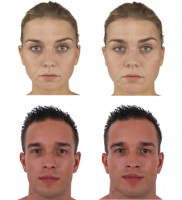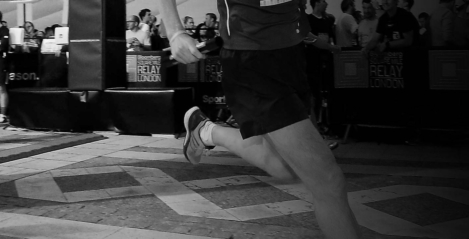September 20, 2016
Employers will promote internal talent to meet Brexit challenge 0
Bosses are divided on whether staff morale will suffer following Brexit, with 48 percent of respondents to a recent survey believing it will and 51 percent expecting no change, despite 74 percent of organisations believing employees are at least ‘somewhat concerned’ by the impact of the vote. Though the majority of companies (82 percent) believe it is their duty to keep employees informed of the potential impact of Brexit on their organisations, few (11 percent) have started communicating openly. The report by Mercer, Planning for Brexit – Talent Implications, also suggests the while the true impact of potential changes to immigration policy remains unknown so far, talent availability is being seen as a top long-term challenge. Over half (58 percent) of companies think their workforce plans will change in the longer term and the majority (66 percent) anticipate a stronger focus on developing and promoting talent from within to compensate for a possible lack of access to wider talent pools.







































